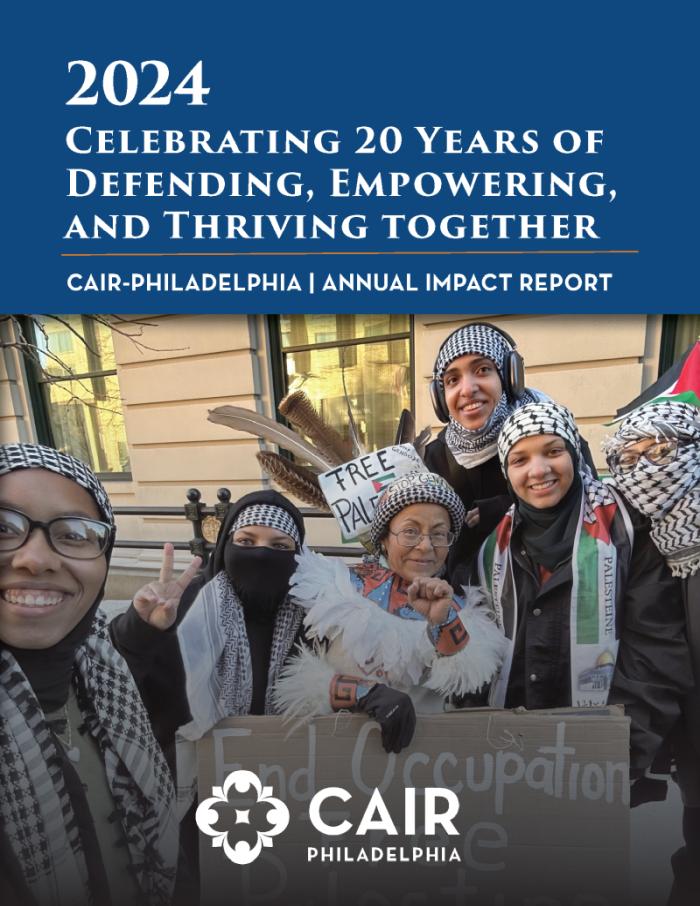“To be kind is more important than to be right. Many times, what people need is not a brilliant mind that speaks but a special heart that listens.”
F. Scott Fitzgerald
Part 1: Where do we go from here?
Part 2: Cracks and Schisms: Deep and Acute
In my previous blogs, I examined the root causes of the current divisions in our country. Today, I offer my proposals on how we can come together.
Behaviorally, we have to go through various stages to come to a point of healing. These stages are not linear, and the process will be slow and arduous with successes and setbacks. The first step in solving a problem is to acknowledge it. This is the moment of national reckoning, where we would need messaging and cooperation from the political establishment, media, social media, and local influencers to acknowledge this schism, highlight it, bring it into the national discourse, and start the dialogue to begin the healing process.
Science, critical thinking, and skepticism are the cornerstones for the development of any nation, and our success lies in disseminating a scientific way of thinking and analysis. All strata of society can and should contribute to and reinforce scientific thinking. At the media and social media level, there is also a need for reckoning and for better safeguards for curtailing incorrect and unreliable information. More must be done by these institutions to safeguard baseless and untrue information. If self-policing does not work, maybe better laws do need to be instituted against hearsay, unreliable information, and gaslighting.
One reason touted by many philosophers, prophets, and historians alike, as the hallmark of what accelerates the downfall of an empire is the loss of morality, kindness, empathy, and spirituality. In the past, science assumed that kindness and empathy are hardwired but now research indicates that empathy can be taught. My recommendation to begin our journey of healing would be to begin a nationwide empathy training and practice curriculum at all levels of schooling, beginning at the preschool level. Also, our schools have to place an emphasis on teaching civics (good governance, duties and responsibilities of a citizen, government and of society). We need the masses to buy into the narrative that our happiness and peace lies in the simple premise that when society does well, so do we. That jealousy, unbridled competition, individualism, and social status will not provide peace or contentment.
Our happiness and peace lies in the simple premise that when society does well, so do we.
Psychology teaches us that there are many ways to learn: we can learn by conditioning, observing, and imitation. Indeed, if a behavior is reinforced, it will increase the likelihood of that behavior getting embedded for future use. With these learnings in hand, we can teach our young minds to embrace kindness and empathy. These characteristics are foundational for personal and career success and are too often ignored or not stressed. . There is plenty of research available today that highlights this.
In conjunction with empathy training and civics, we must also create a climate of tolerance where different viewpoints can be debated instead of outright rejection and shaming of each other’s perspective. In behavioral science we reward people for behaviors we want to increase and provide consequences for negative behaviors and eventually the behaviors we want extinguished dwindle because of the consequences. We have to incentivize the positive behaviors; in our society, people are reprimanded and shamed for negative behaviors, but often not acknowledged for kind behaviors.
This is the time to listen, to understand the perspective of others and this process should be facilitated by politicians, local leaders, psychologists, and religious and spiritual influencers. Psychologists provide us with multiple tools to enhance our listening skills. Those skills will have to be taught on a personal and societal level.
This is also the time when we need to tap into our hearts and align our religious teachings with our everyday conduct. All religions espouse humanity, tolerance, embrace of our neighbors, and protecting the vulnerable. We talk about God and scripture, but we all struggle with practicing it. This is a task that we all need to undertake and consciously work on, that our true salvation lies in practicing what we preach.
British philosopher Alain de Botton asserts that when people come together and share ideas, that increases understanding and reduces tribalism. He suggests sharing meals with people and talking through issues. He asserts that when people eat together, it induces conversations and the realization that we are not all that different and that fundamentally we all aspire to very similar things.
Brené Brown encapsulates it so well: “Empathy has no script. There is no right way or wrong way to do it. It is simply listening, holding space, withholding judgment, emotionally connecting, and communicating that incredibly healing message of ‘You’re not alone.’“
Change comes slow but the conversation needs to start, and a framework will have to be developed for understanding the issues and ways to address them. An important role will have to be played by people in positions of influence and power. Not everyone will agree with this suggested path but the onus is clearly on us to start the process — and the time is now.
As always, feel free to offer your comments on Facebook!
Durriya Shamsi was a former member of CAIR-Philadelphia’s Advisory Board.
Disclaimer: Views and opinions expressed in this blog belong solely to the author and do not represent the positions of institutions, organizations, or individuals that the author may be associated with in a professional or personal capacity, unless explicitly stated.
Photo by Kelly Sikkema on Unsplash





